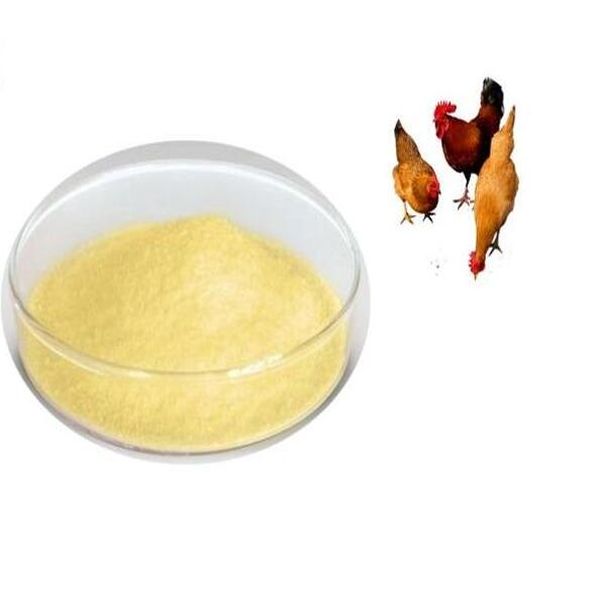- Home
- News
- Feed additive for the prevention and treatment of animal scurvy, anti-animal stress Vitamin C
Feed additive for the prevention and treatment of animal scurvy, anti-animal stress Vitamin C
Vitamin C feed additive, also known as ascorbic acid, is a white or slightly yellowish crystalline powder, easily soluble in water, and mainly exists in some green feed.
The role of vitamin C feed additives in the prevention and treatment of diseases: In addition to the prevention and treatment of scurvy, vitamin C feed additives are often used in the prevention and treatment of various infectious diseases, high fever and trauma or burns in pigs to enhance the body’s resistance Power and promote wound healing. Vitamin C feed additives can also help chickens to prevent and cure diseases, strengthen vaccine functions, improve eggshell quality, prevent flock pecking, and improve insect repellent effects.
Anti-stress effects of vitamin C feed additives: anti-all kinds of adverse stresses Environmental stress, pathological stress and nutritional stress.
The stress response will affect the synthesis and utilization of ascorbic acid in pigs, which will lead to a lack of vitamin C feed additives in pigs, which will reduce the consumption of food and drink less, and will cause disease in pigs. The lack of vitamin C feed additives will cause pig disease. Even deaths are common in production.
For chickens, in hot and hot seasons, laying hens are often susceptible to external high temperature stress due to their poor heat dissipation function, which leads to increased body temperature, faster breathing, reduced feeding, and decreased egg production. Vitamin C can increase chicken’s resistance to heat stress and disease, improve chicken’s heat resistance, increase appetite, enhance ovarian metabolism, and increase egg production rate. At a high temperature of 34 ° C, adding 200 mg of vitamin C per kilogram of diet can increase the egg production rate by 8%, and adding 300 mg of vitamin C can increase the egg production rate by 10%.
